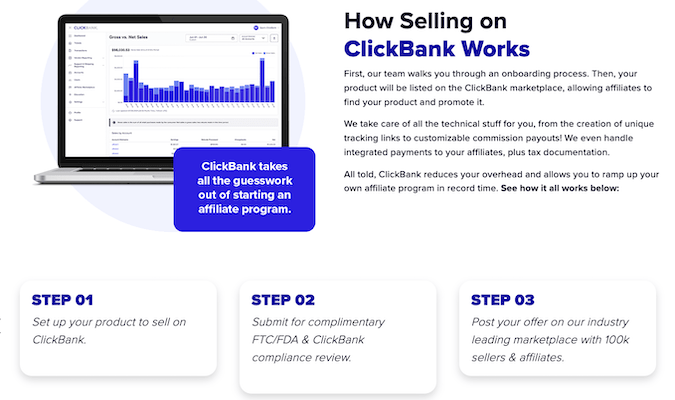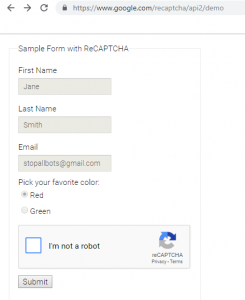Maximizing Efficiency in Healthcare with Cutting-Edge Software Solutions

In today’s rapidly evolving healthcare landscape, the integration of advanced software solutions has become paramount to enhancing efficiency, improving patient outcomes, and streamlining operations. From electronic health records (EHR) to patient management systems, these technologies are revolutionizing the way healthcare providers deliver care.
The Role of Healthcare Software Solutions
Healthcare software solutions encompass a wide range of applications designed to facilitate various aspects of medical practice. These include:
1. Electronic Health Records (EHR)
Electronic Health Records (EHR) systems have replaced traditional paper-based records, offering healthcare providers instant access to comprehensive patient data. This accessibility ensures that medical professionals can make informed decisions quickly, leading to more accurate diagnoses and timely treatments.
2. Patient Management Systems
Patient Management Systems streamline administrative tasks such as appointment scheduling, billing, and insurance claims processing. By automating these processes, healthcare facilities can reduce paperwork errors, improve billing accuracy, and optimize staff productivity.
3. Telemedicine and Remote Monitoring
The advent of telemedicine platforms enables remote consultations between patients and healthcare providers, enhancing access to care, especially in remote or underserved areas. Additionally, remote monitoring tools allow for continuous patient monitoring outside of traditional healthcare settings, enabling proactive intervention and reducing hospital readmissions.
4. Healthcare Analytics
Healthcare analytics software leverages data insights to drive informed decision-making and operational improvements. By analyzing large datasets, healthcare organizations can identify trends, predict patient outcomes, and optimize resource allocation, ultimately improving efficiency and reducing costs.
Benefits of Implementing Healthcare Software Solutions
The adoption of cutting-edge software solutions in healthcare offers several significant benefits:
- Enhanced Patient Care: Improved access to patient information ensures personalized care plans and better coordination among healthcare teams.
- Operational Efficiency: Automation of administrative tasks reduces paperwork, minimizes errors, and frees up healthcare professionals to focus on patient care.
- Cost Savings: Streamlined workflows and optimized resource utilization lead to reduced operational costs and improved financial performance for healthcare providers.
- Scalability and Flexibility: Scalable software solutions can grow with healthcare organizations, accommodating changes in patient volume, regulatory requirements, and technological advancements.
Challenges in Implementing Healthcare Software Solutions
While the benefits are substantial, integrating healthcare software solutions comes with challenges:
- Data Security: Safeguarding patient data against breaches and ensuring compliance with healthcare regulations (e.g., HIPAA) is crucial.
- User Adoption: Training healthcare professionals to use new software effectively and overcoming resistance to change are common hurdles.
- Interoperability: Ensuring seamless integration with existing systems and compatibility across different healthcare settings is essential for data exchange and continuity of care.
Conclusion
Healthcare software solutions play a pivotal role in modernizing the healthcare industry, driving efficiency, improving patient outcomes, and transforming the delivery of care. As technology continues to advance, embracing these innovations will be key to staying competitive, enhancing operational workflows, and ultimately, delivering better healthcare experiences for patients globally.
For more insights on customized healthcare and nursing software solutions, visit MeeTri Infotech, your partner in advancing healthcare through innovative technology.
Keyword: Healthcare software solutions







